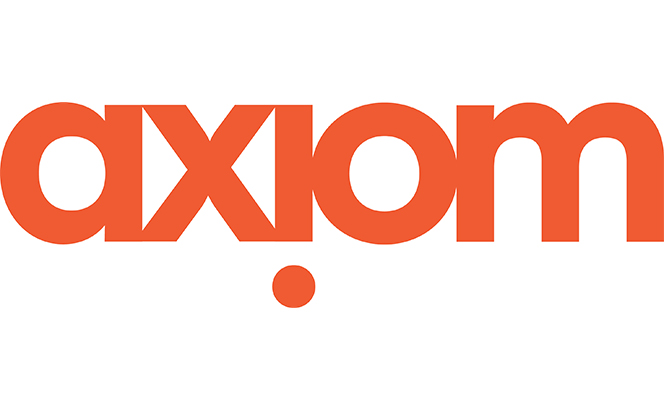
The collapse of film giant Kodak in 2012 is already established to many as the definitive case study of the failure of a business convinced its model would last forever. At its peak, Kodak’s share of the photographic film market was more than 80% in the US and 50% globally. So, when a Kodak employee invented the first digital camera in the 1970s, he was told by the board to keep quiet about it. Denial took hold right up until January 2017 when it filed for Chapter 11 bankruptcy. Reborn as a tiny, niche player with a few lucrative patents these days, annual profits for Kodak now are around $12m.
The lesson? Adapt or die. If innovators stop innovating, problems follow. Just ask Nokia and BlackBerry. This, on a much smaller scale, could be an existential crisis that the legal process outsourcing (LPO) industry may have to face.The outsourcing of processed legal work, either through third-party LPO or a captive offshore office, was once considered strong enough evidence of a free-thinking in-house team. But with threats to traditional models, including external pressures from new automated technology solutions, dwindling labour arbitrage, and a saturated market forcing evolution and transformation, the traditional LPO has embraced new models and in-house teams are demanding more.










